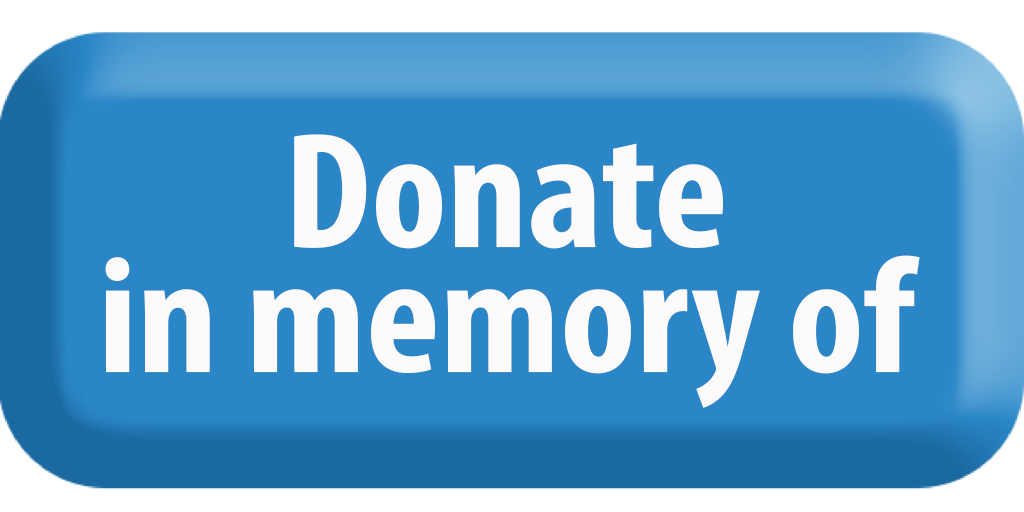Dear Hope Nation,

Funny how our experience leads to strength and hope. Anyone who’s sat in church basements recognizes the grammar, the story arc, of the recovery tale. The speaker begins by telling a bit about her past, including her drug and alcohol use, moves on to the darkest moments before the dawning of recovery and, often, its beginning stages, then describes how she lives her life today. Many of us have listened to thousands of such Cinderella stories—and they all end with a variation of “and today I try to accept life’s terms, practice gratitude and clean my side of the street.” As my first mentor in recovery described it, “Tell them what it was like, what happened and what it’s like today.
As I continue in recovery, my connection or identification with any speaker is focused more on the last two thirds of that story outline: what happened and what it’s like today. In early recovery, though, I wanted to hear a lot about what it was like—how drugs or alcohol affected the speaker emotionally and physically, how their behavior and personality changed not just while they were drunk or high but as a result of drifting into the life. Each time I heard a new speaker play the song of my life on a different instrument, I knew I was in the right orchestra pit. Once I settled in, I could focus on the common innermost feelings, the emotional turmoil and the doubts. In short, I could begin recovering.
Ponder the plight of the newly clean and sober in April 2020. In the olden days of Before the newcomer could travel to meetings at churches, community centers, hospitals, Farnum North and South, Hope or numerous other places. SMART, 12-Step, Recovery Dharma, Three Principles, All Recovery—all could be tasted fresh, the immediacy and closeness of the speaker making communication easier. Conversations could be held before or after the meeting, phone numbers exchanged, smiles met with smiles.
In these days of During, though, a newcomer must first taste recovery through a mediating screen, whether a telephone, tablet or computer. Imagine learning to knit or kiss or catch a baseball by using a computer. Imagine sharing in two dimensions the agony and small joys of early recovery. Imagine weeping softly while 30 strangers see you on a TV screen.
A couple weeks ago, in one of these letters, I vowed to pray for four groups of people, one of which was people in early recovery as we sail the Sea of During. I am no expert on prayer—the understatement of the week!—but I’ve found that a key to focusing my attention and energy is identification. Just as in a recovery meeting, I’m able to accomplish much more inside myself by looking for commonalities instead of differences, the things that make me similar to other people instead of the things that set me apart. In praying for folks in early recovery, I think back to how hard those first few days, weeks and months were, and how much I got out of simply being physically present with others sharing my goal—finding a way to live life without substances.
During this time, I also hope each of us can be especially kind and welcoming to the newcomer, reaching out the virtual hand of recovery and letting each and every person new in recovery know that things may suck now, and may even get worse for a while, but they’re going to get better.
And that goes for this pandemic as well.
You matter. I matter. We matter.
Keith



